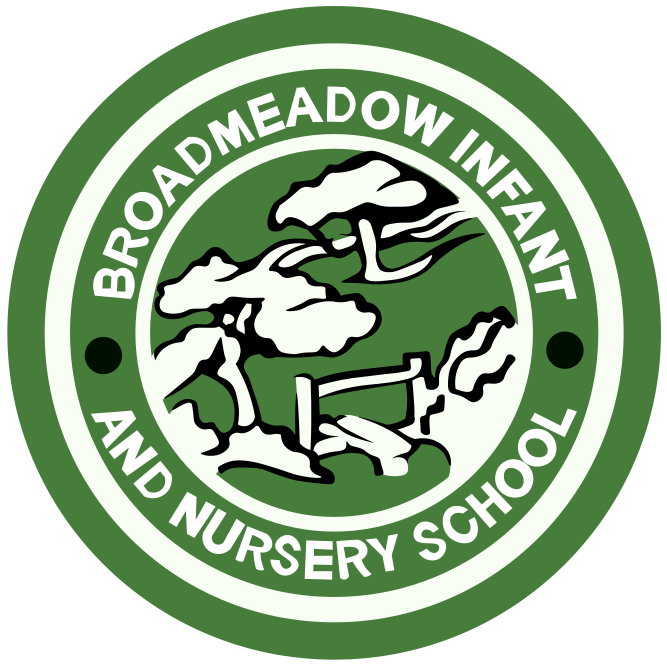Year 2
End of year Age Related Expectations
Year 2
The National Curriculum outlines these expectations as being the minimum requirements children nationally should meet by the end of year 2.
All of the objectives will be focused on throughout the year as part of your child’s lessons. Any extra support you can provide in helping your child to achieve these expectations is greatly valued.
If you have any queries regarding these expectations or would like support in knowing how to help your child with these, please see the class teacher.
Reading
Word
|
Comprehension
|
Writing
Grammar & Punctuation
- I can use subordination and co-ordination.
- I can use expanded noun phrases.
- I can say how the grammatical patterns in a sentence indicate its function.
- I consistently use the present tense and past tense correctly.
- I can use the progressive forms of verbs in the present and past tense.
- I use capital letters for names of people, places, day of the week and the personal pronoun ‘I’.
- I correctly use question marks and exclamation marks,
- I can use commas to separate items in a list.
- I can use apostrophes to show where letters are missing and to mark singular possession in nouns.
Composition
- I can write narratives about personal experiences.
- I can write for different purposes, including real events.
- I can plan and discuss the content of writing.
- I am able to orally rehearse structured sentences.
- I can evaluate my own writing independently.
- I can proof-read to check for errors in spelling, grammar and punctuation.
Maths
Number
- I can read and write all numbers to at least 100.
- I recognise odd and even numbers to 100.
- I can count in steps of 2, 3 and 5 from 0.
- I can define the place value of each digit in a 2 digit number.
- I can compare and order numbers from 0 to 100 using the < > and = signs.
- I can name the fractions 1/3, 1/4, 1/2 and 3/4 and can find fractional values of shapes, lengths and numbers.
- I can recall and use multiplication and division facts for the 2, 5 and 10x tables.
- I can add and subtract a 2-digit number and ones or tens.
- I can add and subtract two 2-digit numbers.
- I can add three 1-digit numbers.
- I can solve problems involving addition and subtraction.
Measurement
- I can choose and use appropriate standard units to estimate length, height, temperature and capacity.
- I can tell and write the time to 5 minute intervals.
- I recognise and can use the symbols £ and p when solving problems.
- I can describe the properties of 2D and 3D shapes.
- I can interpret and construct pictograms, tally charts, block diagram and simple tables.
